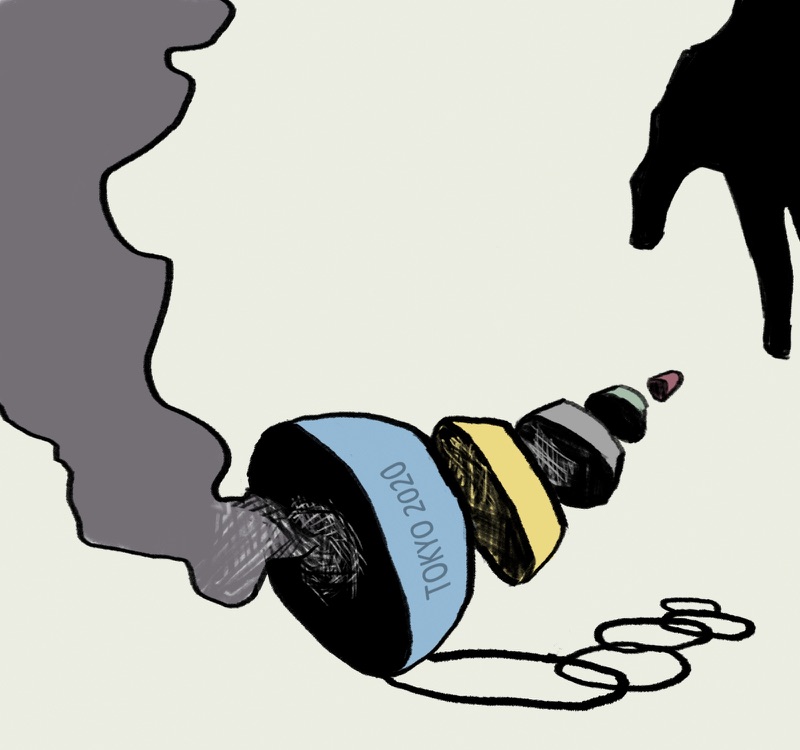
Just as sports fans were finishing their eulogies for the lost NBA, NHL, and European soccer seasons, another bomb was dropped on their heads.
On Mar. 24, the International Olympic Committee (IOC) announced the postponement of the Tokyo 2020 Summer Olympic Games to the summer of 2021.
Heather Moyse, a UW alumna and two time Olympic gold medalist in the bobsleigh, said this challenge will be unique to every athlete.
“There are going to be some athletes where the extra year benefits them and there are some athletes where… it’s going to be detrimental to their performance,” Moyse said.
However, many athletes were already struggling with training, since social distancing measures closed gyms and restricted group training sessions. Postponing the Olympics allows athletes to rework their training regimens and mentally regroup to focus on next year’s games. To the relief of many,
Team Canada announced that all athletes who have already qualified for the Tokyo Olympics will hold their spots for next year.
Moyse was also supportive of athletes holding their qualifying spots since it allows them to keep their Olympic dreams alive.
An announcement on Mar. 30 confirmed that the Olympic Games will now open on Jul. 23, 2021 and close on Aug. 8, 2021. The Paralympic Games will follow from Aug. 24 to Sept. 5.
It is only the fourth time ever that the games will not be held as scheduled, and the first time that they were postponed rather than cancelled. The 1916 games were cancelled due to World War I, and the 1940 and 1944 games due to World War II. Interestingly, the next Olympic Games — the 2022 Beijing Winter Olympics — will start only four months after the Tokyo Games finish.
Leading up to the decision, the IOC continued to put out positive messaging, with senior officials making firm public statements that the games would continue as scheduled.
“The IOC remains fully committed to the Olympic Games Tokyo 2020, and with more than four months to go before the Games there is no need for any drastic decisions at this stage,” an IOC statement on Mar. 17 said. On Mar. 23, Canada, Great Britain, and Australia all announced they would withdraw from the games if not postponed.
Team Canada was the first to do so.
Their statement read, “nothing is more important than the health and safety of our athletes and the world community.” Postponing the Olympics will have major repercussions for all stakeholders, but the financial costs are most obvious.
According to a recent study from Kansai University in Osaka, Japan, delaying the games one year will cost Japan an additional $5.4 billion USD, while cancelling them altogether would have cost upwards of eight-times that amount.
Athletes in an Olympic year commonly train to peak at two specific times: their qualifying events in the Spring and then the Olympics a few months later. This is a different mindset than during other years, when athletes try to stay in optimal condition for most of the summer season.
It is still unclear how this will impact events such as the 2021 World Aquatics Championships, which is usually held only in non-Olympic years.




























